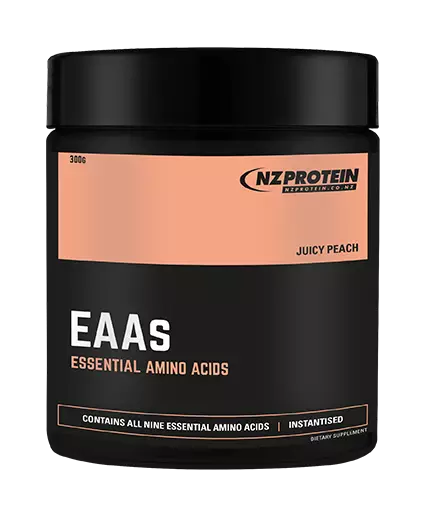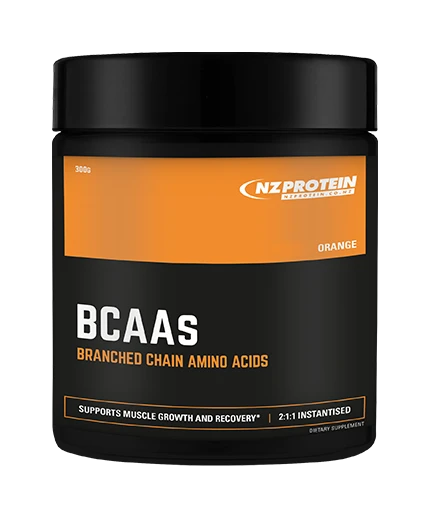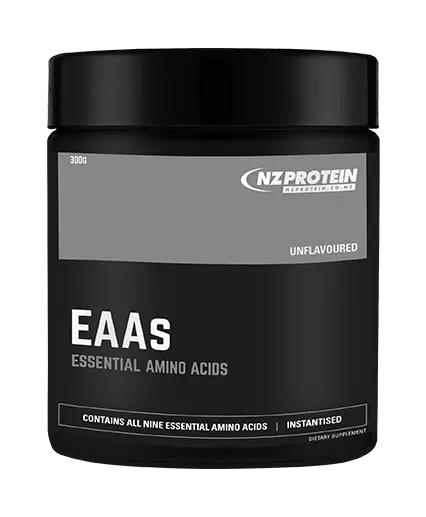
When it comes to optimising your workout routine and maximising gains, choosing the right supplements can make all the difference. Among the myriad of options available, branched-chain amino acids (BCAAs) and essential amino acids (EAAs) stand out as popular choices for gym-goers aiming to enhance their performance and recovery. But which one reigns supreme in the realm of fitness? Let’s delve into the science behind BCAAs and EAAs to unravel this amino acid puzzle.
Understanding Amino Acids: The Building Blocks of Muscle
Before we dive into the debate, it’s crucial to grasp the fundamental role amino acids play in muscle growth and repair. Amino acids are the building blocks of protein, which is essential for muscle synthesis. Out of the 20 amino acids that form the foundation of proteins, nine are classified as essential amino acids (EAAs), meaning the body cannot produce them on its own and must obtain them through diet or supplementation. Branched-chain amino acids (BCAAs) constitute three of these essential amino acids: leucine, isoleucine, and valine.
BCAAs: The Power Trio
BCAAs have garnered significant attention in the fitness community for their purported ability to stimulate muscle protein synthesis, reduce muscle soreness, and enhance endurance during workouts. Leucine, in particular, plays a pivotal role in triggering muscle growth by activating the mTOR pathway, a key regulator of protein synthesis.
Numerous studies have examined the efficacy of BCAA supplementation in promoting muscle recovery and performance. According to research published in the Journal of the International Society of Sports Nutrition, BCAA supplementation was found to decrease markers of muscle damage and fatigue during prolonged exercise, leading to improved endurance and reduced muscle soreness.

EAA: The Complete Package
While BCAAs offer undeniable benefits, essential amino acids (EAAs) present a compelling argument for superiority due to their comprehensive profile. Unlike BCAAs, EAAs encompass all nine essential amino acids, providing a more holistic approach to muscle nourishment and repair.
One of the primary advantages of EAA supplementation lies in its ability to stimulate muscle protein synthesis to a greater extent than BCAAs alone. A study published in the American Journal of Physiology-Endocrinology and Metabolism found that EAA supplementation resulted in a more robust increase in muscle protein synthesis compared to BCAAs, underscoring the importance of complete amino acid intake for maximising muscle growth.

BCAA vs. EAA: The Verdict
So, which amino acid supplement reigns supreme for gym enthusiasts? The answer lies in understanding your individual goals and needs.
If your primary objective is to enhance endurance, reduce muscle fatigue, and mitigate soreness during intense workouts, BCAAs may be the preferred choice. Their ability to directly influence energy metabolism and attenuate muscle breakdown can be invaluable for optimising performance and recovery, especially in the context of high-intensity training.
On the other hand, if you’re aiming for maximal muscle growth and recovery, EAA supplementation offers a more comprehensive approach by providing all nine essential amino acids necessary for protein synthesis. While BCAAs play a crucial role in stimulating muscle protein synthesis, the synergistic effect of all EAAs ensures that your muscles receive the complete spectrum of nutrients needed to thrive and repair.
Conclusion: Tailoring Your Supplement Regimen
Ultimately, the decision between BCAAs and EAAs boils down to your specific fitness goals and preferences. Whether you prioritise endurance, muscle growth, or overall performance, both BCAAs and EAAs can complement your workout routine and support your journey toward peak physical condition.
As with any supplement, it’s essential to prioritise safety and quality by choosing reputable brands and consulting with a healthcare professional before introducing new products into your regimen. Additionally, remember that supplements should supplement a well-balanced diet rather than replace it entirely.
In conclusion, whether you opt for the targeted support of BCAAs or the comprehensive benefits of EAAs, incorporating amino acid supplementation into your fitness arsenal can be a valuable tool for unlocking your full potential in the gym and beyond.
